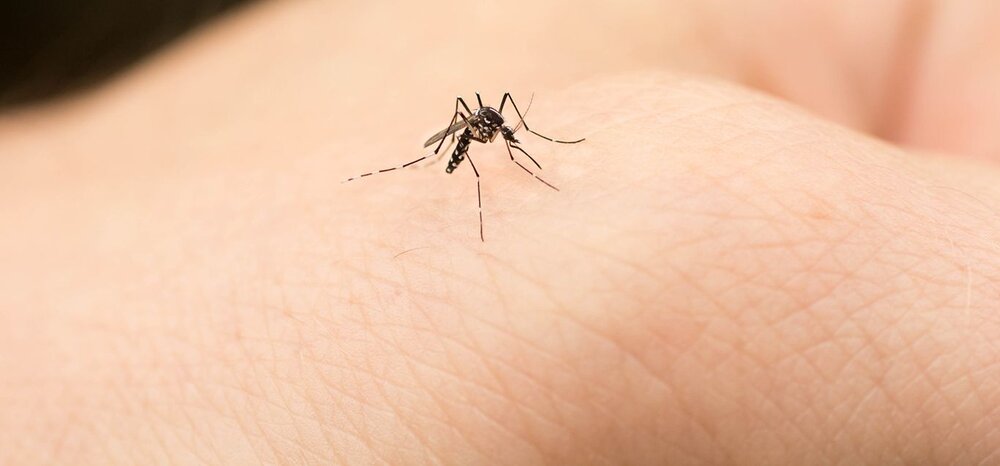Health Ministry takes precaution against West Nile virus

TEHRAN – Iran’s Health Ministry has taken precaution against the spread of West Nile virus (WNV) in the country.
WNV is the leading cause of mosquito-borne disease in the continental United States. It is most commonly spread to people by the bite of an infected mosquito. Cases of WNV occur during mosquito season, which starts in the summer and continues through fall.
“Fortunately, no one has been so far infected by the virus in the country,” said Behzad Amiri, the Health Ministry’s head of zoonotic diseases department, ISNA reported on Tuesday.
Border health centers examine people who want to enter the country from affected countries and give them necessary advice, he noted.
West Nile virus is most commonly spread to people by the bite of an infected mosquito, which is become infected after feeding on infected birds, mostly wild and migratory ones, he said.
Infected mosquitoes then spread West Nile virus to people and other animals by biting them.
More details about West Nile virus
According to the Centers for Disease Control and Prevention website, the most effective way to prevent infection from West Nile virus is to prevent mosquito bites. Mosquitoes bite during the day and night. Use insect repellent, wear long-sleeved shirts and pants, treat clothing and gear, and take steps to control mosquitoes indoors and outdoors.
There are no vaccines to prevent or medications to treat WNV in people. Fortunately, most people infected with WNV do not feel sick.
* Symptoms
No symptoms in most people. Most people (8 out of 10) infected with West Nile virus do not develop any symptoms.
About 1 in 5 people who are infected develop a fever with other symptoms such as headache, body aches, joint pains, vomiting, diarrhea, or rash. Most people with this type of West Nile virus disease recover completely, but fatigue and weakness can last for weeks or months.
About 1 in 150 people who are infected develop a severe illness affecting the central nervous system such as encephalitis (inflammation of the brain) or meningitis (inflammation of the membranes that surround the brain and spinal cord).
* Diagnosis
See your healthcare provider if you develop the symptoms described above.
Your healthcare provider can order tests to look for West Nile virus infection.
To learn more about testing, visit our Healthcare Providers page.
* Treatment
Over-the-counter pain relievers can be used to reduce fever and relieve some symptoms.
In severe cases, patients often need to be hospitalized to receive supportive treatment, such as intravenous fluids, pain medication, and nursing care.
If you think you or a family member might have West Nile virus disease, talk with your health care provider.
SB/MG
Leave a Comment